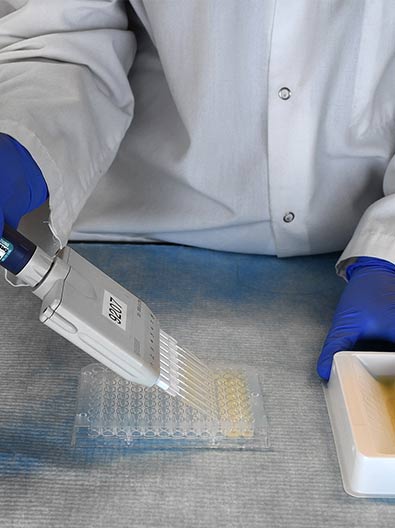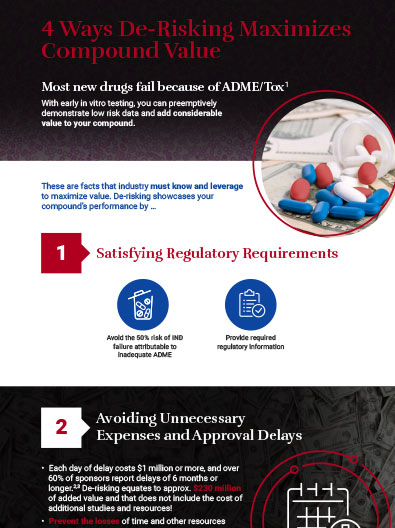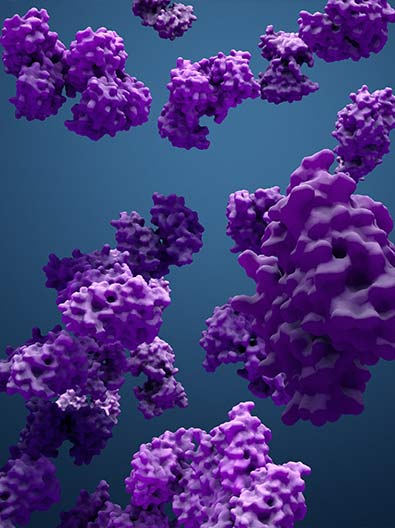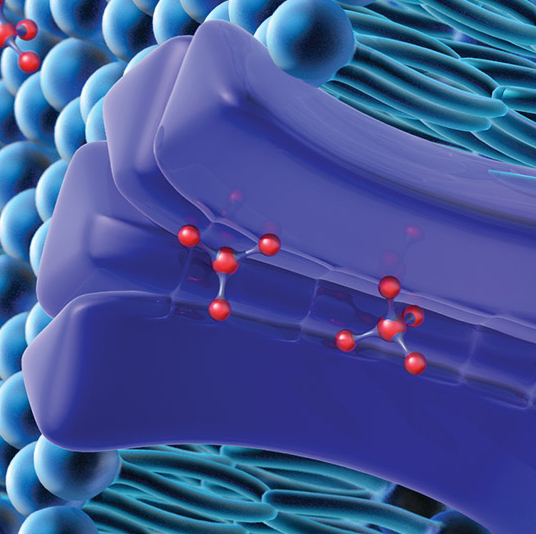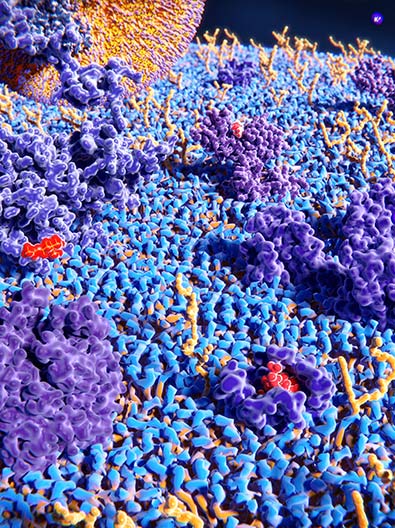

Year: 2022
FAQ: Using Plateable Hepatocytes in In Vitro Assays
- Test Systems & Methods
- December 13, 2022
- Halee McElhaney, Lucy Fahler
Plateable hepatocytes are often used for induction studies and to research metabolism, biochemistry, virology, host/pathogen interactions, and cell biology. Here,...
Ask Me Anything About In Vitro ADME, Drug-Drug Interaction Approaches and Strategies
- ADME 101™
- December 1, 2022
- Dr. Joanna Barbara
Last month, Dr. Joanna Barbara joined AAPS for an online Q&A in their ongoing “Ask the Experts” series. As regulatory...
Are in vitro drug metabolism and drug-drug interaction studies critical for an IND?
- ADME 101™
- November 1, 2022
- Dr. Andrew G. Taylor, Michael Millhollen, Isis Smith, Amara Millhollen
A Guide to What, Why & When to Conduct ADME Studies When drug developers are preparing their IND, drug metabolism...
4 Ways De-Risking Maximizes Compound Value
- ADME 101™
- August 31, 2022
- Michael Millhollen
Since most new drugs fail because of ADME/Tox, you can add considerable value to your compound by conducting early in...
New FDA Draft Guidance “Clinical Pharmacology Considerations for the Development of Oligonucleotide Therapeutics” – XenoTech’s perspective on in vitro DDI testing
- Regulatory Guidance
- July 11, 2022
- Dr. Maciej Czerwinski, Dr. Pallavi Limaye, Dr. Brian Ogilvie
The FDA has released a new draft guidance for industry titled “Clinical Pharmacology Considerations for the Development of Oligonucleotide Therapeutics.”...
Spotlight on Efflux and Uptake Drug Transporters in In Vitro Drug-Drug Interaction Studies
- Drug Transporters
- June 23, 2022
- Dr. Andrew G. Taylor, Michael Millhollen, Isis Smith
What are drug transporters? Drug transporters are membrane-bound proteins that assist in the movement of drugs into or out of...
When, Why and How to Conduct CYP2C Induction Studies
- Enzyme Induction
- April 8, 2022
- Dr. Andrew G. Taylor, Rebecca Campbell, Michael Millhollen, Lucy Fahler
Over the years, we have received a lot of questions about cytochrome P450 (CYP) 2C induction studies. In February of...
Which Hepatocytes Should I Use for What Studies?
- Test Systems & Methods
- March 25, 2022
- Dr. Chris Bohl, Michael Millhollen, Isis Smith
Primary hepatocytes are considered the gold standard for ADME/DMPK studies because they are the most representative in vitro test system. However, not all hepatocyte formats…
Meet the Scientist: Alex Wakefield
- Meet the Scientist
- February 1, 2022
- Michael Millhollen
In this month’s installment of our Meet the Scientist series we wanted to feature one of our team of talented...
Why Do Most Polled Researchers Run Red Blood Cell Partitioning Studies with Plasma Protein Binding?
- Drug Drug Interactions (DDI)
- January 25, 2022
- Dr. Steven McGreal, Michael Millhollen
Many compounds bind to or diffuse into red blood cells (RBCs), which can significantly impact clearance and cause inaccuracies in PK calculations...
Subscribe to our Newsletter
Stay up to date with our news, events and research

Do you have a question or a request for upcoming blog content?
We love to get your feedback

